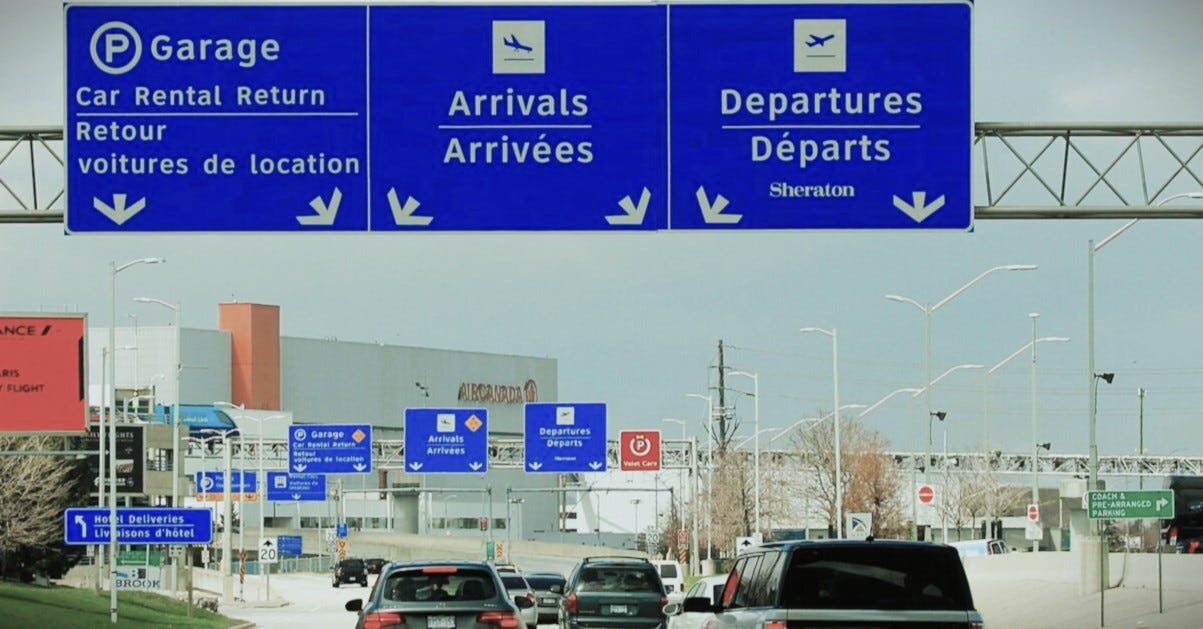OP-ED: The tide is turning on immigration — It’s time for Canada to catch up
Daniel Tyrie writes, "Across Europe, the rise of nationalist movements is pushing the boundaries of what immigration reform should look like after generations of mass immigration."
Author: Daniel Tyrie
Opinions expressed in op-eds are those of the authors and do not necessarily reflect the views of Juno News, its editors, or staff. We publish diverse perspectives to foster open public debate on issues important to Canadians.
In the United Kingdom, a remarkable pivot has taken place under the leadership of Keir Starmer. Once a staunch advocate for open borders, the Labour Party leader has recently taken a stark turn in his stance on immigration.
Starmer’s X account is starting to read more like someone like Maxime Bernier. In a recent post, Starmer wrote: “Mark my words: I will take back control of our borders. That means cutting migration, ending the use of asylum hotels…” And in a speech that surprised even many of his allies, he warned: “Without [border] rules, we risk becoming an island of strangers, not a nation that walks forward together.”
This shift is part of a broader policy overhaul by the Starmer government, which is now implementing stricter border controls and moving towards policies aimed at reducing the inflow of non-skilled migration.
This pivot is not isolated.
Across Europe, the rise of nationalist movements and political parties is pushing the boundaries of what immigration reform should look like after generations of mass immigration.
In May, Milan, Italy played host to the first ever Remigration Summit. This conference drew nationalist and conservative leaders from across Europe to discuss what was once a taboo subject — how to reverse decades of demographic transformation driven by mass migration. The summit was hosted by prominent figures in European politics and focused not just on halting new immigration, but actively restoring national identity through a variety of policies intended to reverse migration flows.
This avant-garde concept is not only being promoted by activists.
In Portugal, the populist Chega Party stunned the political establishment in May by surging to over 18% of the vote in national elections — a meteoric rise for a party founded only in 2019. Once dismissed as a fringe movement, Chega (which means “Enough”) has rapidly become the voice of Portuguese voters disillusioned by unchecked migration, crime, and economic stagnation.
During the May election campaign, Chega crucially fully embraced the concept of Remigration — not merely limiting immigration, but creating mechanisms to reverse the flow, such as deporting illegal migrants, ending welfare for non-contributors, and encouraging voluntary return programs for recent arrivals — resulting in their dramatic success.
These aren’t isolated developments. They are signs of a continental realignment.
For years, public opinion across the West has moved steadily against mass immigration — but politicians and institutions have been slow to respond. Now, that’s beginning to change. A new generation of leaders is finally asking the unthinkable: What if we went beyond reducing immigration… and started undoing the damage?
This idea — known as Remigration — is gaining ground. And it’s time Canadians heard the word.
Remigration refers to a comprehensive policy agenda designed to reverse mass immigration’s economic and cultural impacts. It includes the deportation of illegal migrants and fraudulent asylum seekers, restrictions on temporary migrants, the withdrawal of public benefits from non-citizens, and the creation of incentives for recent migrants to voluntarily return to their countries of origin.
It’s not about scapegoating individuals. It’s about restoring sovereignty and social cohesion.
For decades, Canada has experienced one of the highest per-capita immigration rates in the world. We've been told it's necessary for economic growth — despite stagnant wages, unaffordable housing, crumbling public services, and an increasingly fractured national identity.
Today, a majority of Canadians want immigration levels reduced — and many now support mass deportations. But while countries across Europe are beginning to act, Canadian politicians remain frozen, unwilling to challenge the failed dogmas of multiculturalism and market globalism.
It doesn’t have to be this way.
Canada is still a young country with the potential to chart a new course. But we must recognize that cutting immigration is only half the battle. The other half is undoing the damage already done.
Could remigration be the solution Canada needs?
The tide is turning. Across Europe, nationalist and populist parties are rising by giving voice to the silent majority and putting the national interest back on the agenda.
It’s time for Canada to catch up.
Daniel Tyrie is the Founder and Chairman of the Dominion Society, an advocacy group promoting Canadian nationalism and immigration reform. He previously served as the Executive Director of the People’s Party of Canada.



Sorry...
Canada's done.. Or at least what used to be Canada.
We had our chance to even give us a chance to fix it.
We blew it for an "elbows up" fool who has proven to be a knuckle dragger.
We definitely need to implement the remigration solutions mentioned in the article! Especially for criminals and those here illegally, on expired visas etc. We need to enforce the immigration rules and not be so laissez faire and just allow illegals to feel entitled to over stay their visas! CBSA needs to do their jobs, and stop losing track of the people under deportation orders. Do it immediately! Why do they wait?